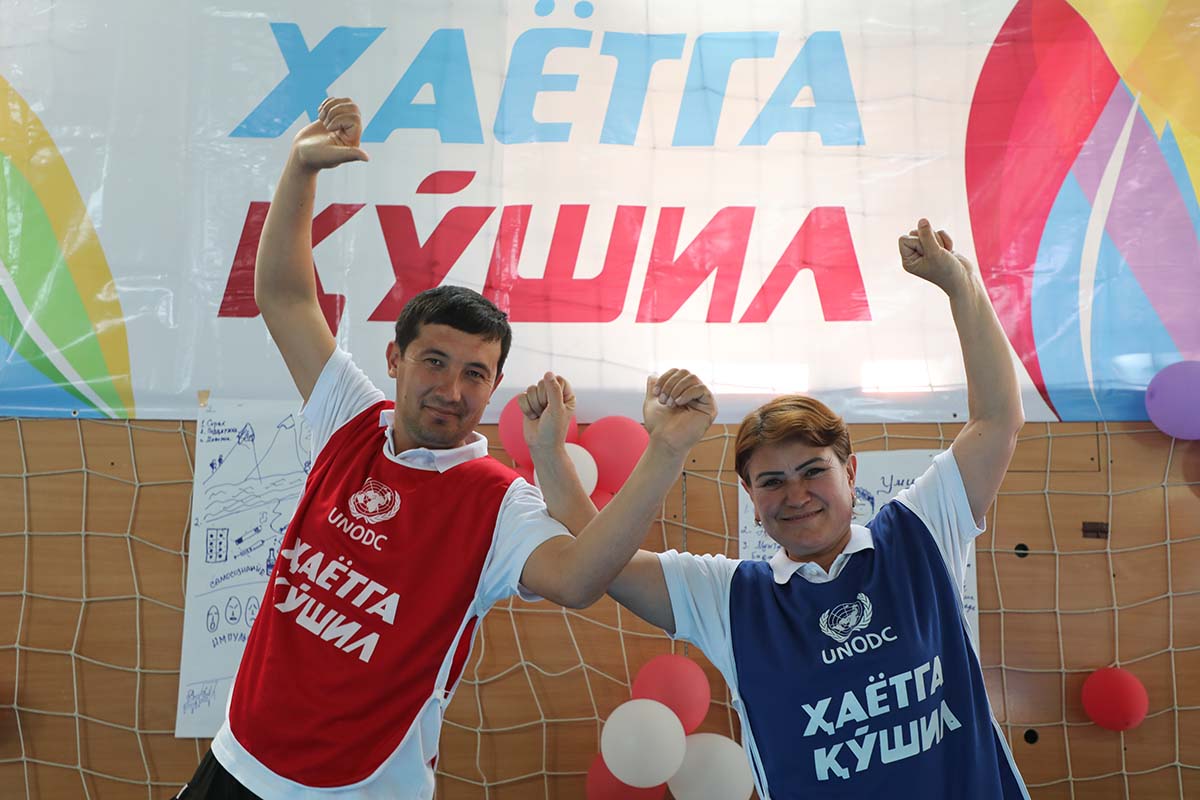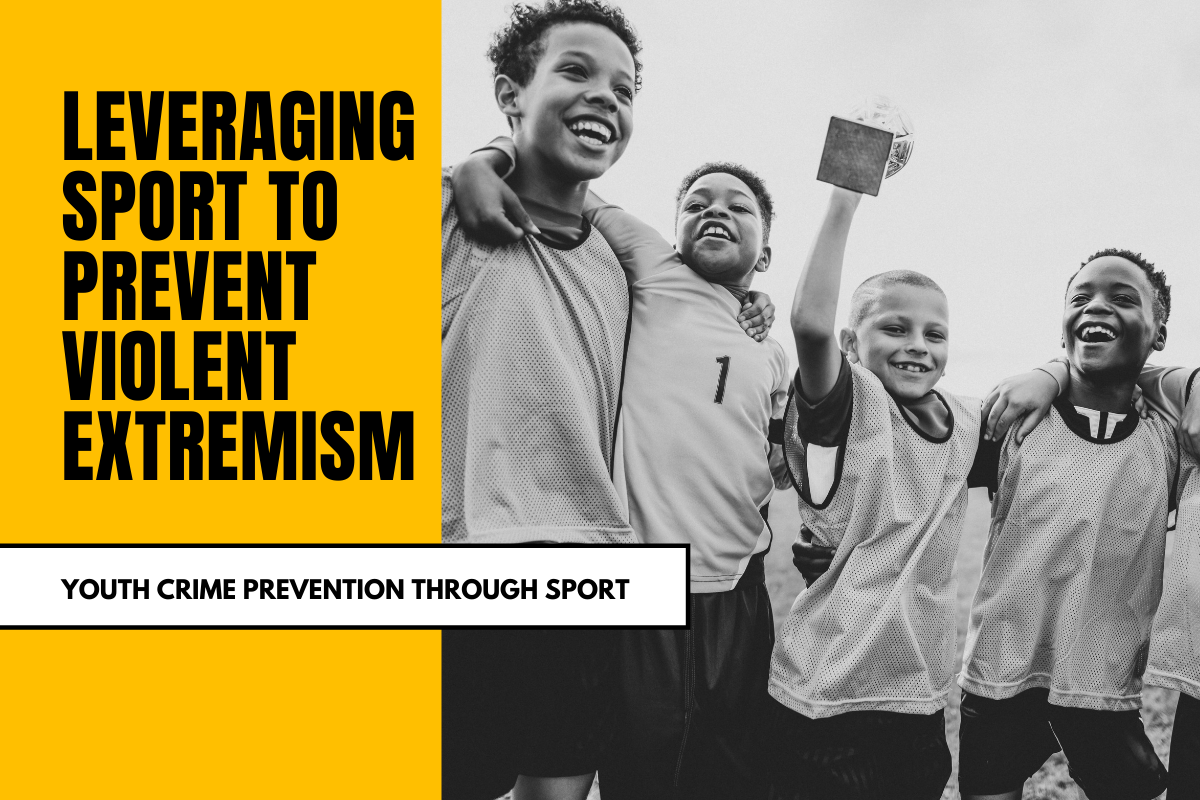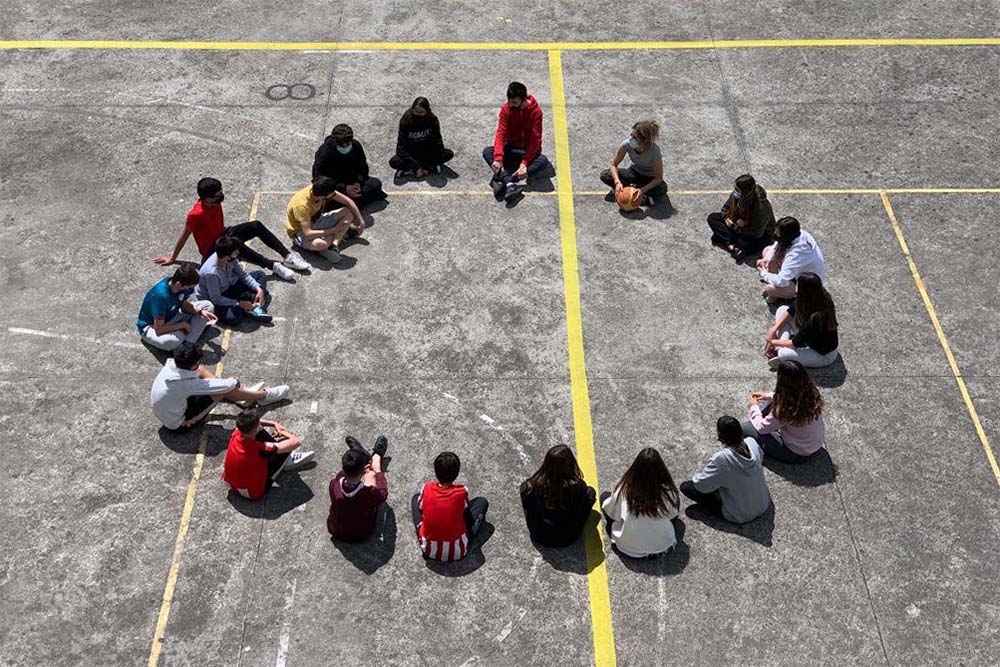Exploring innovative ways to strengthen youth resilience to crime and gang violence in Colombia
27 July 2018 - Today, over 55 per cent of the world's population lives in urban areas; by 2050, this is set to increase to more than two-thirds. While urbanization brings with it economic growth and prosperity, it also presents a range of negative social issues. Cities are often home to high levels of income inequality, gangs, and organized criminal groups.
Violence, including homicide, also concentrates in urban settings. According to UNODC studies, homicides linked to gangs and organized criminal groups accounted for some 30 per cent of all homicides in the Americas. Meanwhile, over half of all homicide victims globally are under 30 years of age, with children under the age of 15 accounting for just over eight per cent of all homicides.
Looking to help counter this, UNODC works with countries to reduce urban crime and violence at regional, national and local levels. Part of the United Nations' wider activities to bolster the Sustainable Development Goals, in particular those on promoting peace, justice and safe cities, it also feeds into the New Urban Agenda. Adopted in 2016, this is aimed at promoting sustainable and transformative urban development as a way to improve job creation, livelihood opportunities, and quality of life.
One of the countries in which UNODC has been working closely with local authorities to achieve this is Colombia, where, with more than three-quarters of the population now urban-dwellers, boosting local crime prevention in cities is key. With a long-standing cooperation with the Colombian Government to conduct 'safety audits' which are aimed at analysing crime and its root causes, UNODC has been working to strengthen local data collection and crime analysis to better inform and monitor prevention policies and programmes. Community participation is a defining trait of safety audits, since the community is engaged both in providing data for the analysis (for instance, through surveys on their fear of crime), and in implementing prevention policies and programmes.
|
Most recently, this has been expanded into Colombia's third largest city, Santiago de Cali, who has joined the UNODC/UN-Habitat project, 'Evidence-based policies for community safety in Latin American and African Cities'. Under this project, the city plans to conduct a safety audit involving a broad spectrum of community members in the collection of quantitative and qualitative crime-related data, following past exercises elsewhere in the country, such as Medellín and Barranquilla. Working with UNODC, this is expected to offer an in-depth picture of crime trends and risk factors affecting Cali - directly from those experiencing it. In turn, this will provide for the development of evidence-based strategies targeting distinct groups, including at-risk youth, gangs, and ex-combatants, and the strengthening of local, government-led crime prevention and urban safety policies.
To turn these strategies into action, it is critical that innovative approaches are considered in order to best reach vulnerable communities. Cities like Cali are centres of innovation on crime prevention and feature several creative community-based initiatives, with local authorities reaching out to youth at risk of being recruited into gangs through educational and recreational activities, and the creation of safe spaces.
To further this approach and complement on-going local activities, UNODC's sport-based, youth crime prevention initiative, Line Up, Live Up, was recently presented to authorities in Cali, as well as in the cities of Bogotá and Medellín. Several grassroots projects were also visited within the context of this life skills training, highlighting the importance of crime prevention through social development as well as cooperation and coordination between different sectors and levels of government.
Additionally, a Line Up, Live Up training for more than 30 sports coaches, physical education teachers and other officials working with youth from Colombia, the Dominican Republic, Panama and Peru was organized, in partnership with the Institute for Family Welfare (ICBF) and the Ministry of Law and Justice. As Johannes de Haan, UNODC crime prevention officer, noted at the training, shared challenges such as gang violence, drug trafficking and sexual exploitation face youth in all four countries and beyond which makes them particularly vulnerable to crime, violence and victimization. "Through the implementation of Line Up, Live Up, sport becomes a tool that allows young people to develop social, emotional and interpersonal skills", he commented. "Sport is also a vehicle to explore the practical application of values such as respect and tolerance, and these skills and values can help young people to stay away from violence and crime, therefore playing an important preventive role."
With the training completed, the coaches are set to now roll out the Line Up, Live Up 10-part course in their countries, including in Bogotá, Cali and Medellín, where pre-pilots of the initiative are expected to start in the coming weeks.
By virtue of their age, energy and learning abilities, young people are key agents of change and, when empowered, have immense potential. By working with youth in marginalized areas, the training looks to build critical life skills to help young people increase their resilience to crime and violence, both as victims and perpetrators, and ultimately build a better future for themselves and their communities.
Additional information:


